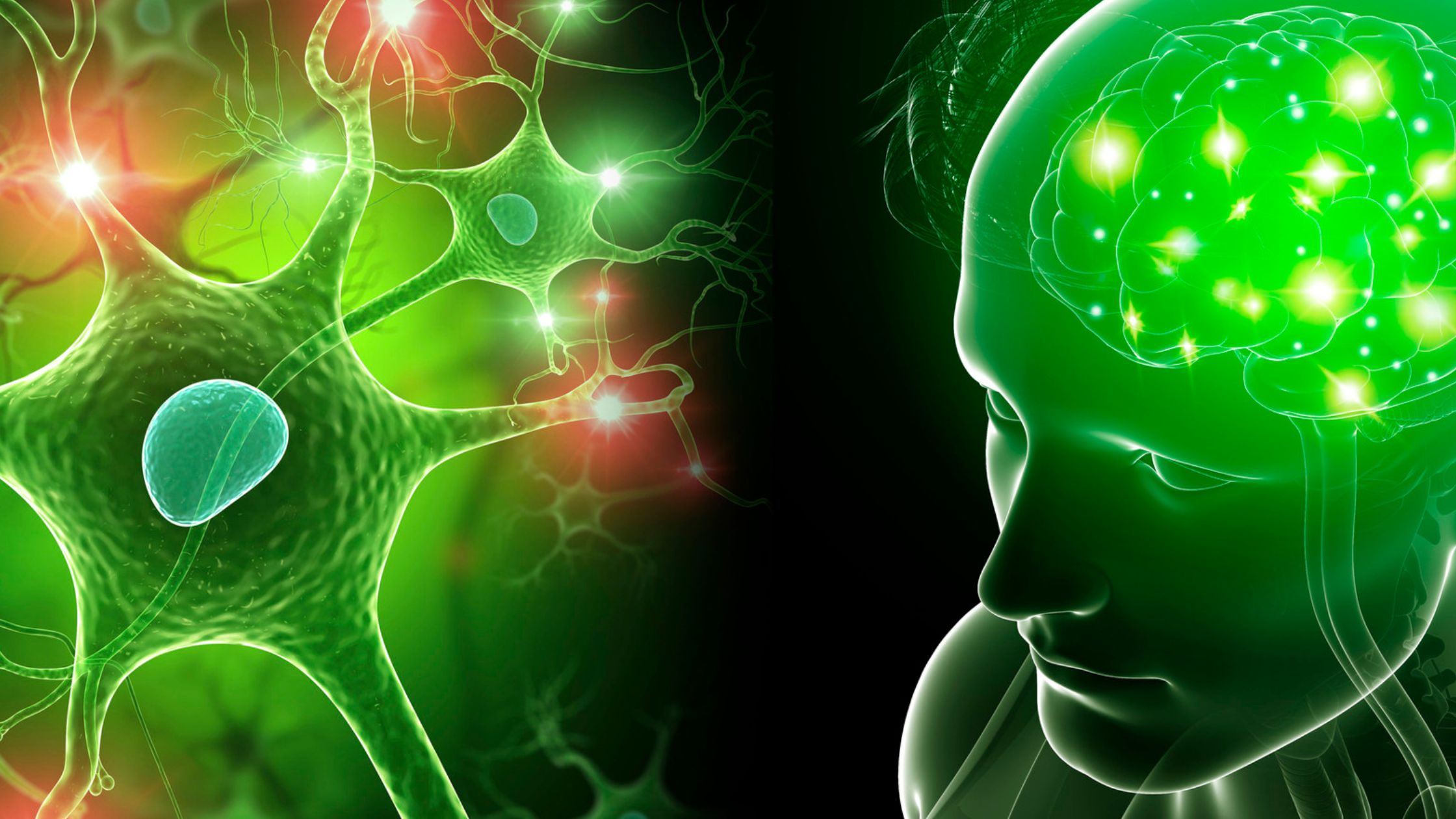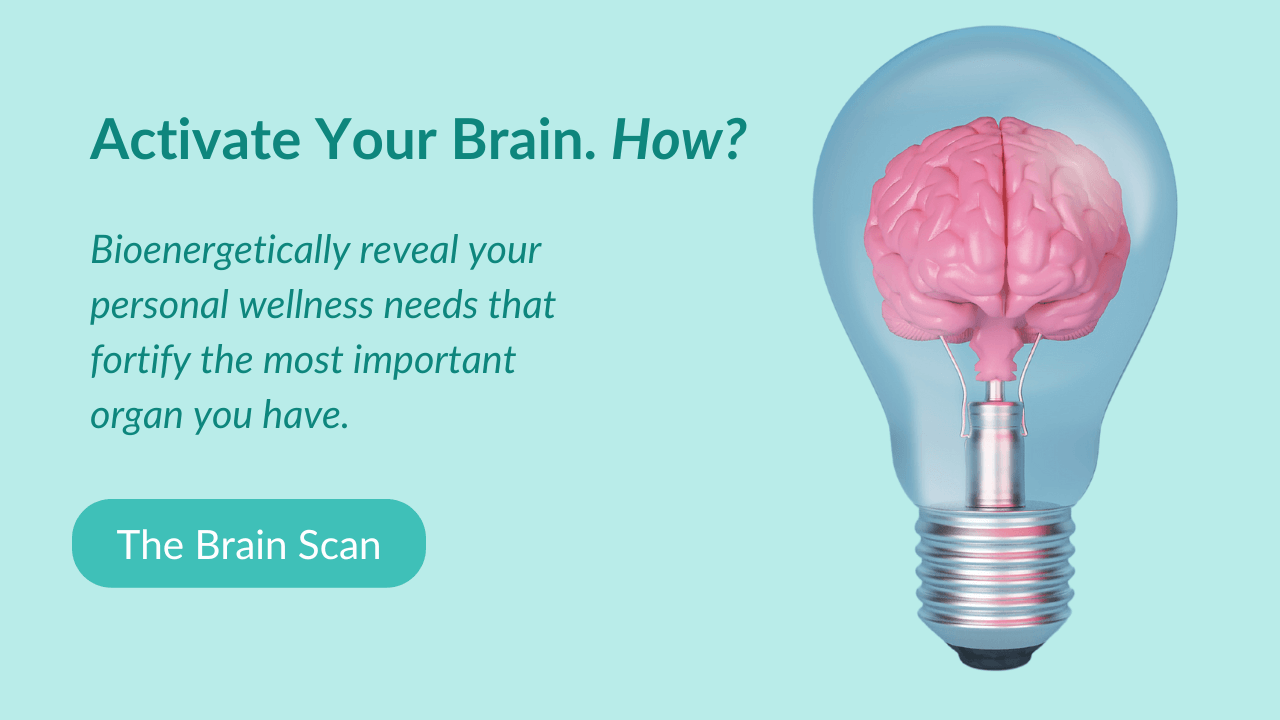
How Does the Nervous System Work?
The Nervous System continues to be a key player in every conversation about wellness. When exploring the connection between stress and the Nervous System, the Endocrine System plays a vital role, with hormone imbalances often being a key sign of Nervous System stress. So, how does the Nervous System work, and what helps restore balance to this command center?
A healthy Nervous System communicates with every corner of the body, guiding everything from the most basic reflexes to the most complex cognitive processes. Through this intricate network, signals travel between body parts, allowing us to respond to our environment and maintain survival. This communication network is so efficient that it often works without our conscious awareness.
Taking A Closer Look
This body system is a complex network of nerve cells (neurons) and fibers that regulate and coordinate the body’s actions. Nervous System stress can disrupt communication with the rest of the body through these cells.
It plays a significant role in maintaining our body’s homeostasis or balance. It regulates our heart rate, blood pressure, body temperature, and metabolism to ensure these vital parameters remain within a healthy range.
Anatomically, this system is split into two parts that work together to keep us alive, alert, and responsive to our environment:
- The Central Nervous System (CNS): Consisting of the brain and spinal cord, the CNS processes and interprets sensory information, then sends out instructions to the rest of the body. The brain, the body’s most complex organ, is responsible for thoughts, emotions, memory, organization, breathing, speech, and movement coordination.
- The Peripheral Nervous System (PNS): This system comprises all the nerves connecting the CNS to the rest of the body. It regulates functions like digestion and movement, serving as the communication link between the body and the brain.
Like any other system in the body, the Nervous System is linked to various common conditions. Migraines and sleep disorders are often associated with Nervous System stress, both directly and indirectly.
Migraines can occur for numerous reasons, including food triggers or sensitivities, poor head and neck posture, stress, and hormonal imbalances related to the menstrual cycle or PMS. Sleep disorders, on the other hand, can disrupt the brain’s drainage processes, further stressing the Nervous System. Additionally, some speculate that Nervous System stress may originate from viruses like Epstein-Barr Virus (EBV).
Since the Nervous System acts as our body’s command center, anything that disrupts its function can profoundly impact our quality of life. This system governs our ability to move, speak, remember, and think clearly. Even our emotions—happiness, frustration, anxiety, or depression—can cause chemical changes within this intricate network, influencing its overall health and balance.
Let’s consider how your body responds to pain. Did you know that stubbing your toe triggers Nervous System stress? Neural pathways interpret and transmit pain signals, known as nociception, from the peripheral Nervous System to the central and autonomic parts of the Nervous System. This process alerts the brain to potential tissue damage.
Pain perception is a natural response designed to protect us from injury. While pain often arises from physical injuries that cause inflammation, it can also result from emotional stress, leading to muscle tension and discomfort. In bioenergetic reports, signs of Locomotor System stress may appear in individuals experiencing chronic pain or muscular tightness.
How Does The Nervous System Work In Relation To Other Body Systems?
It makes sense that the body’s command center communicates with every other system. Nervous System stress can influence multiple body systems, creating a ripple effect that impacts overall health. Here’s how:
- The Nervous System + Endocrine System: There is a feedback loop between both systems that regulate thyroid hormones, sex hormones, and stress hormones. Think of this partnership like a thermostat: when a room reaches the desired temperature, the thermostat shuts off the heat. Similarly, when hormone levels triggered by Nervous System signals reach the appropriate balance, parts of the system pause until needed again.
- The Nervous System + Digestive System: Beyond the gut-brain axis, the Nervous System significantly influences digestion. When it perceives a threat, digestion is temporarily halted, and blood is redirected to the brain and muscles to prioritize survival. This survival mechanism, driven by the activation of the sympathetic nervous system (the fight-or-flight response), can also deprioritize functions like digestion and fertility. This is where we may ask if constipation is a digestive issue or a Nervous System issue.
- The Nervous System + Cardiovascular System: The Nervous System’s connection to the heart is especially fascinating. Within the heart lies the intracardiac nervous system, a network of neurons that helps regulate heart function. This built-in neural network underscores how closely linked the nervous and cardiovascular systems are in sustaining life.
How does the Nervous System Work with Your Daily Activities?
Every action, thought, and feeling we experience daily can be traced back to the Nervous System. From the moment we wake up in the morning to the time we go to bed at night, this intricate network is hard at work.
Even waking up is a complex process involving the Nervous System. It signals a reduction in melatonin while increasing cortisol levels to help you feel alert. It also orchestrates movements like getting out of bed and heading to the bathroom—tasks that might seem automatic but require precise coordination.
As you go about your day, it seamlessly handles a multitude of tasks. It coordinates your movements, processes sensory input, regulates digestion and other automatic bodily functions, and helps you respond to changes in your environment.
Even seemingly simple tasks like brushing our teeth, making a cup of coffee, or driving to work all require precise coordination and communication between different parts of the system. As we perform these tasks, it is constantly processing sensory information, making decisions, and sending out instructions to our muscles.

Nervous System Stress And Your Diet
How does the Nervous System work when faced with nutritional imbalances? Even at rest, the brain still consumes approximately 20% of your energy! Impressive, considering it only accounts for about 2% of your body’s weight.
Here are some energetic nutritional imbalances that may influence the brain, central nervous system (CNS), and peripheral nervous system (PNS):
- Amino Acids:
- Alanine: supports the CNS
- Valine: aids the gut-brain connection
- Glycine: may help with insomnia and headaches
- Glutamic Acid: stimulates neurons
2. Minerals:
-
-
- Calcium: supports nerve conduction
- Chromium: impacts memory, anxiety, and blood sugar swings, all of which affect the Nervous System
- Iron: needed for brain development and may significantly contribute to behavioral organization
-
3. Vitamins:
-
- Thiamine (Vitamin B1): crucial for mood stability and nerve cell function.
- Riboflavin (Vitamin B2): may benefit migraine sufferers
- Choline: needed for fatty acid transport
- Pantothenic Acid (Vitamin B5): supports energy production
Other impacts include extreme calorie restriction, which creates thyroid and Nervous System stress, along with heavy metals. Lead can displace calcium in brain reactions that transmit electrical impulses. Mercury exposure may interfere with muscle communication, induce memory loss, and cause tremors.
Your bioenergetic test results can provide insight into how minerals and environmental toxins, such as heavy metals, may be affecting your Nervous System. Addressing these imbalances can help reduce Nervous System stress and support overall health.
Simple Tips To Support Nervous System Stress
Reducing stress is key to maintaining a healthy Nervous System. Stress comes in many forms, each impacting the body differently:
- Microbial stress: An imbalanced gut microbiome can affect the Nervous System through the gut-brain axis.
- Blood Sugar Imbalances: This is a tightrope to walk, as glucose is a form of energy for the brain. Too much, on the other hand, may lead to brain atrophy and small vessel disease, which in turn may link to dementia and other cognitive difficulties.
- Emotional Stress: Anxious thoughts stimulate the fight or flight aspect of the sympathetic nervous system.
- Environmental Stress: the air we breathe and the water we drink may contain environmental toxins that place stress on the liver, kidneys, and Nervous System.
Managing Stress And The Nervous System
This is where the beauty of supporting body systems fits in! Supporting one area of the body has a ripple effect extending to all body systems. An example is exercise: this improves heart health and brain health by improving circulation and eliminating waste products.
Balance Blood Sugar
- Avoid Stressors: Reduce intake of brain stressors like high-fructose corn syrup and alcohol to promote stable blood sugar and restful sleep. Sleep aids Nervous System repair through the glymphatic system.
- Optimize Nutrition: Balance protein and carbs and include omega-3 fatty acids, B vitamins, and antioxidants. Greens powders can help!
Incorporate Healthy Fats
- Fish and Alternatives: Fatty fish is brain food but can contain mercury. Rotate fish types and limit consumption. Pair fish with sulfur-rich foods and herbs like parsley to support detox.
- Other Options: Walnuts and avocados are excellent sources of healthy fats and offer variety.
Liver Support
- Detox Boosters: Help your liver eliminate toxins with remedies like Liver Milieu or herbs like milk thistle. These enhance the detox process and reduce Nervous System stress.
When you work with emotional triggers and create more emotional calm in the body, you decrease stress hormones and inflammation while creating an environment for a healthier Nervous System. All of this can have a positive impact on cognition, circulation, and tissue health for the brain, the spinal cord, and the nerves.
Our Brain Scan can help you discover and balance your own specific Nervous System stress and help you lift fatigue, boost cognition and perform at your peak!
DISCLAIMER: Balanced Health, LLC/CBH Energetics and any parent, subsidiary, affiliated or related entities and companies do not provide medical advice or services. This post and the bioenergetic products and services offered by Balanced Health, LLC/CBH Energetics including, but not limited to, bioenergetic tests, bioenergetic scans, bioenergetic reports and related products and services (collectively the “Bioenergetic Products and Services”) are designed for


